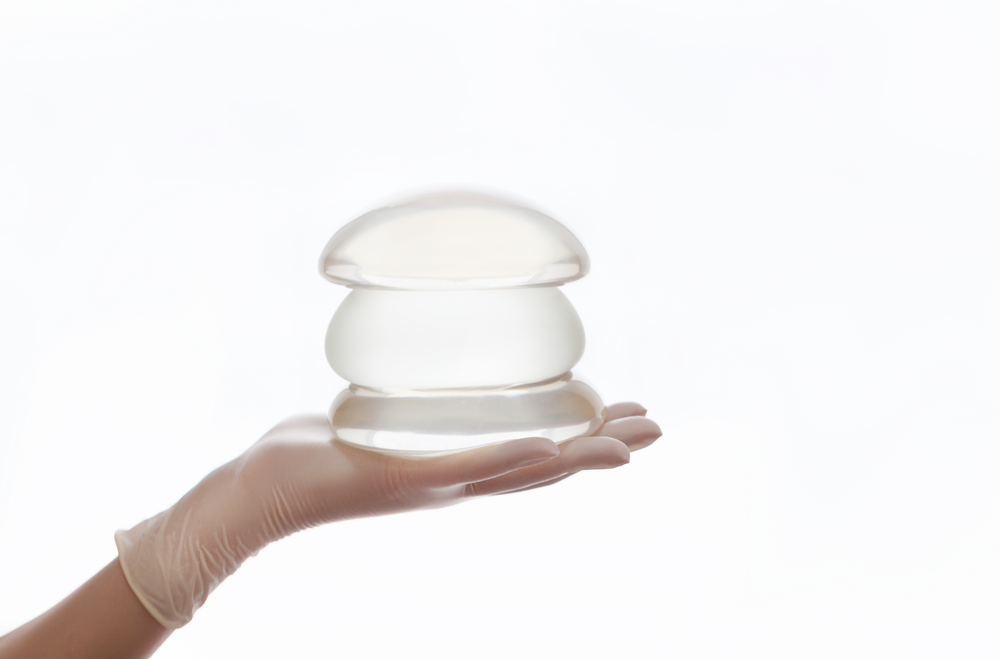Breast implants are a common cosmetic surgical procedure that many women opt for to enhance their natural bust. However, this decision should always be taken with thorough research and consultations with a qualified surgeon. One of the concerns that women with breast implants may have is how the implant will affect mammography procedures. Mammograms are essential screening tests that can detect early signs of breast cancer and save lives.
1. Implants and mammography
When it comes to mammography with implants, some special considerations need to be made. Implants are made of different materials, and their presence in the breast tissue can obstruct the X-ray imaging of the mammogram. It can also make it challenging for the radiologist to properly interpret the screening results. Moreover, the mammogram machine may need to apply greater pressure during the procedure to ensure that the breast tissue compresses around the implant evenly.
2. Types of implants
There are two primary types of breast implants: saline-filled and silicone gel-filled. Saline implants are filled with sterile saltwater and have a silicone shell. On the other hand, silicone gel-filled implants are filled with a thick silicone gel substance. Both types of implants can affect mammography, but silicone implants can be more challenging to screen. It is because they can obscure surrounding breast tissue on the mammogram, and small abnormalities in the tissue may be harder to detect.
3. Additional screening
If you have breast implants, your radiologist may recommend additional screening after the mammogram. Additional screening may include an ultrasound, MRI, or additional views during the mammogram. If your implant is ruptured or leaking, an MRI may be necessary as it is the most sensitive screening tool for detecting implant rupture.
4. Consult with your surgeon
Before you get breast implants, consult with your surgeon about mammography procedures and their effects on the screening procedure. Also, ensure to discuss the location of the implant, size, and type of implant. Your surgeon may recommend a different placement of the implant to allow for easier mammography in the future.
5. Maintenance of breast implants
Regular mammography is of utmost importance for women with breast implants to detect any early signs of breast cancer. Also, regular check-ups with your surgeon should be followed to ensure that the implants are in optimal condition. It’s necessary to inform your mammography technician that you have implants to avoid any damage and discomfort during the procedure.
In conclusion, mammography screenings are essential for women’s health and wellbeing. Even with breast implants, mammograms can still be as effective in detecting early signs of breast cancer. However, the challenges associated with implants require special considerations and additional screenings. Women with implants should consult with their surgeons regarding mammography and ensure that they inform their mammography technicians of their implants before undergoing any procedures. The bottom line is that breast implants shouldn’t deter you from getting a potentially life-saving screening procedure.

